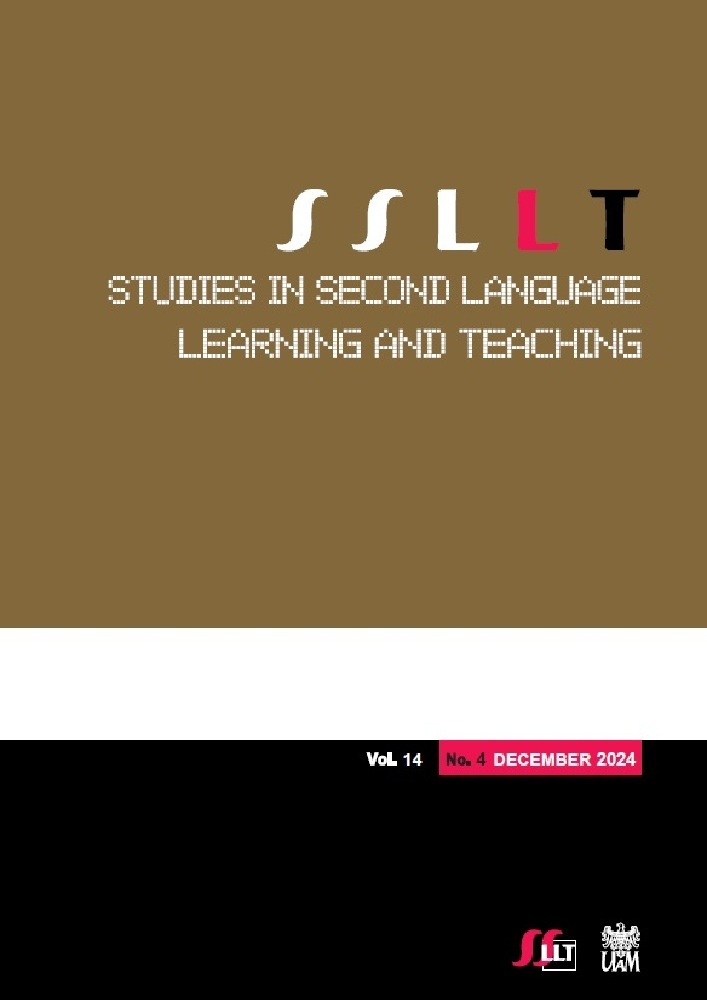Understanding cultural specificity of positive emotions in SLA: The antecedents of foreign language enjoyment and peace of mind in the Chinese context
Understanding cultural specificity of positive emotions in SLA: The antecedents of foreign language enjoyment and peace of mind in the Chinese context
Author(s): Li Zhou, Katja Lochtman, Yiheng XiSubject(s): Foreign languages learning, Sociolinguistics
Published by: Uniwersytet im. Adama Mickiewicza w Poznaniu
Keywords: positive emotions; foreign language enjoyment; foreign language;
Summary/Abstract: Recent evidence suggests that Chinese foreign language (FL) learners’ positive emotional experiences are conveyed not only by the prevalent emotion of foreign language enjoyment (FLE), but also by the culture-specific emotion of foreign language peace of mind (FLPOM) which describes an inner state of peace and harmony. This study seeks to determine the role of various demographic and learner- and teacher-related factors in arousing FLE and FLPOM in the Chinese context. Participants were 436 learners from four Chinese middle schools. Multiple regression analyses revealed that learners’ attitudes towards the teacher (i.e., a teacher-related variable) was the strongest predictor for FLE, whereas FLPOM was best predicted by learners’ attitudes towards the FL (i.e., a learner-internal variable). Moreover, the variance in FLE was better accounted for by teacher-related variables (52.4%) than by learner-internal variables (40.1%), whereas the variance in FLPOM was better explained by learner-internal variables (42.3%) than by teacher-related variables (34.7%). Practical implications for teaching FL in the Chinese context are discussed.
Journal: Studies in Second Language Learning and Teaching
- Issue Year: 14/2024
- Issue No: 4
- Page Range: 791-813
- Page Count: 23
- Language: English

